March 25, 2022
The compadre of teleworking, with Jack Nilles
 In episode four of Workplace Geeks, Chris and Ian cross seven time zones to learn from the father of teleworking and environmental activist, Jack Nilles, about the multi-disciplinary research project that led to his 1976 book ‘The Telecommunications-Transportation Trade-off: Options for Tomorrow’. Teleworking has been proven to be an effective and valued part of hybrid working solutions since the 1970s. The barriers to implementation are rarely, if ever, technological or economic: they are cultural, often specifically managerial, and always have been. Despite this, tried and tested change methodologies can overcome these challenges. Now, more than ever, we need to embrace the many benefits of teleworking, not just for organizational and personal gain, but also as part of our strategies to address the climate emergency. (more…)
In episode four of Workplace Geeks, Chris and Ian cross seven time zones to learn from the father of teleworking and environmental activist, Jack Nilles, about the multi-disciplinary research project that led to his 1976 book ‘The Telecommunications-Transportation Trade-off: Options for Tomorrow’. Teleworking has been proven to be an effective and valued part of hybrid working solutions since the 1970s. The barriers to implementation are rarely, if ever, technological or economic: they are cultural, often specifically managerial, and always have been. Despite this, tried and tested change methodologies can overcome these challenges. Now, more than ever, we need to embrace the many benefits of teleworking, not just for organizational and personal gain, but also as part of our strategies to address the climate emergency. (more…)
















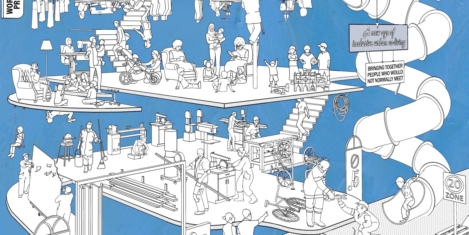
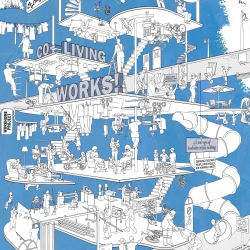




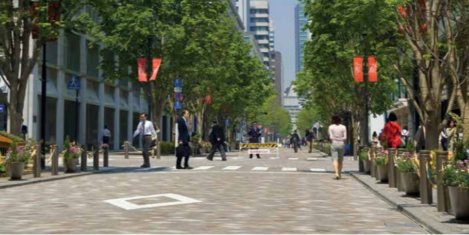
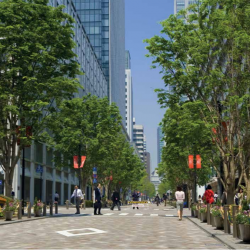

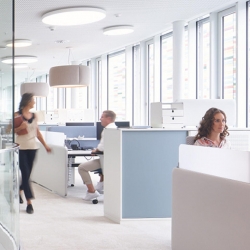











March 28, 2022
Corporate jargon is damaging your business
by Michael Blazek • Business, Comment
Between the stressful daily commute, the awkward small talk by the coffee machine and the endless hours of face-to-face meetings, there are many things that are unfortunately slowly creeping back into our daily lives as we gradually start heading back to office life. One thing in particular that we have all been dreading is the feeling of utter bewilderment and exasperation when colleagues spout buzzwords and phrases like ‘paradigm shift’, ‘low hanging fruit’, and ‘thinking outside the box’. Corporate jargon is everywhere and we’ve all succumbed to using it at some point in our professional lives, whether it was to ‘leverage a results-driven approach’, ‘give 110%’ to ‘make sure the juice is worth the squeeze’, or ‘circle back’ on an email or conversation. (more…)